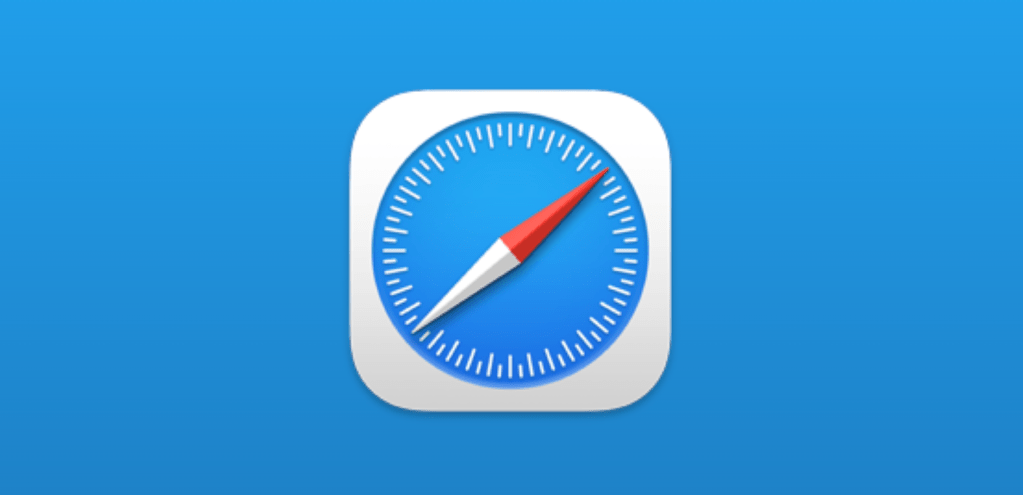
Apple has reversed its decision about blocking web apps, also known as Progressive Web Apps (PWAs), on iPhones in the EU. The company updated its developer page saying that after receiving many requests to support PWAs, it will reinstate the functionality in the upcoming public release of iOS 17.4.
PWAs can act like native apps and access different functionalities of your device without taking up too much space on your phone. These apps can also send you notifications and keep you logged in to a service. As web apps don’t have to be distributed through the App Store, they also don’t have to pay any fees to Apple for in-app purchases or wait for the company’s review process.
Last month, Apple reduced the functionality of PWAs as mere website shortcuts with the release of the second beta of iOS 17.4, as security researcher Tommy Mysk and Open Web Advocacy had first pointed out. The company then updated its developer page saying that because of security risks like malicious web apps reading data from other web apps and accessing cameras, it decided to end support for homescreen apps.
The iPhone maker pointed toward the Digital Markets Act (DMA) compliance as part of the reason for this decision. The act forced Apple to open up the browser ecosystem and not limit developers to only WebKit, allowing them to choose a different engine.
Apple also said that PWAs had “very low user adoption” so there might not be a lot of impact on users. However, the move didn’t sit well with the regulators so they started to investigate the issue by sending questions to developers, as reported by the Financial Times. Separately, the Open Web Advocacy group published an open letter addressed to Tim Cook to lift the ban on web apps, which was signed by hundreds of organizations and individuals, including Mastodon, internet advocate Cory Doctorow and Vercel CTO Malte Ubl.
Apple’s reversal only applies to web apps based on WebKit, as 9to5Mac noted. Users won’t be able to take advantage of this functionality if a browser chooses to use a different engine.
European Commission’s reaction
The European Commission welcomed Apple’s decision and said that after the company first blocked web apps last month, more than 500 citizens, businesses, and public entities submitted their complaints.
“A large number of these stakeholders depend on Home Screen Web Apps to run their business, to communicate with employees and customers and citizens, or to receive crucial information and updates,” an EC spokesperson told TechCrunch.
The EC also added that Apple’s move to block the web apps under the guise of DMA compliance was “neither required, nor justified.”
We understand some web apps that could have been shut down by Apple’s move included apps for public school and hospital scheduling systems and transport companies’ information apps.
Full text of Apple’s update:
Previously, Apple announced plans to remove the Home Screen web apps capability in the EU as part of our efforts to comply with the DMA. The need to remove the capability was informed by the complex security and privacy concerns associated with web apps to support alternative browser engines that would require building a new integration architecture that does not currently exist in iOS.
We have received requests to continue to offer support for Home Screen web apps in iOS, therefore we will continue to offer the existing Home Screen web apps capability in the EU. This support means Home Screen web apps continue to be built directly on WebKit and its security architecture, and align with the security and privacy model for native apps on iOS.
Developers and users who may have been impacted by the removal of Home Screen web apps in the beta release of iOS in the EU can expect the return of the existing functionality for Home Screen web apps with the availability of iOS 17.4 in early March.
The story has been updated with the European Commission’s remarks.


